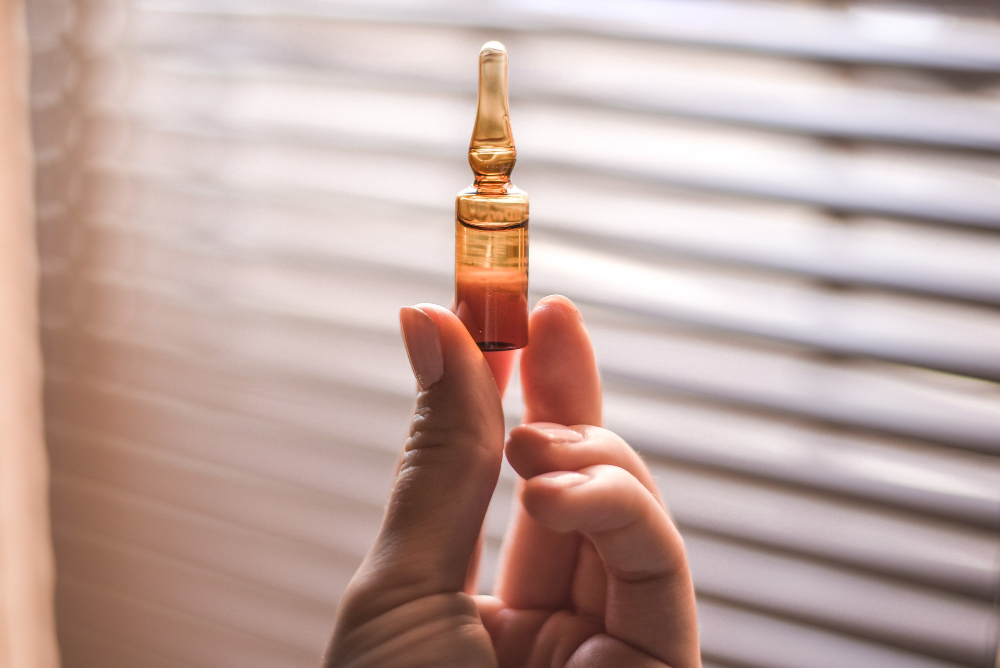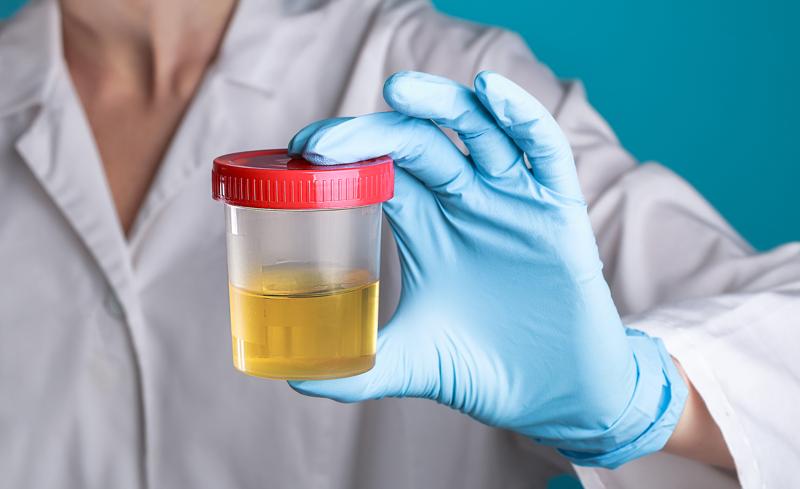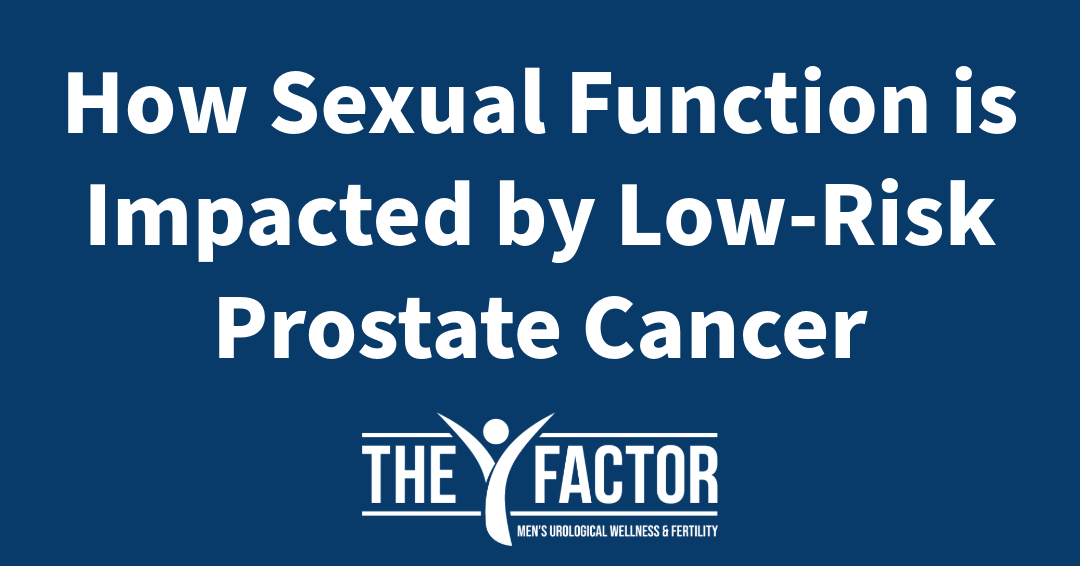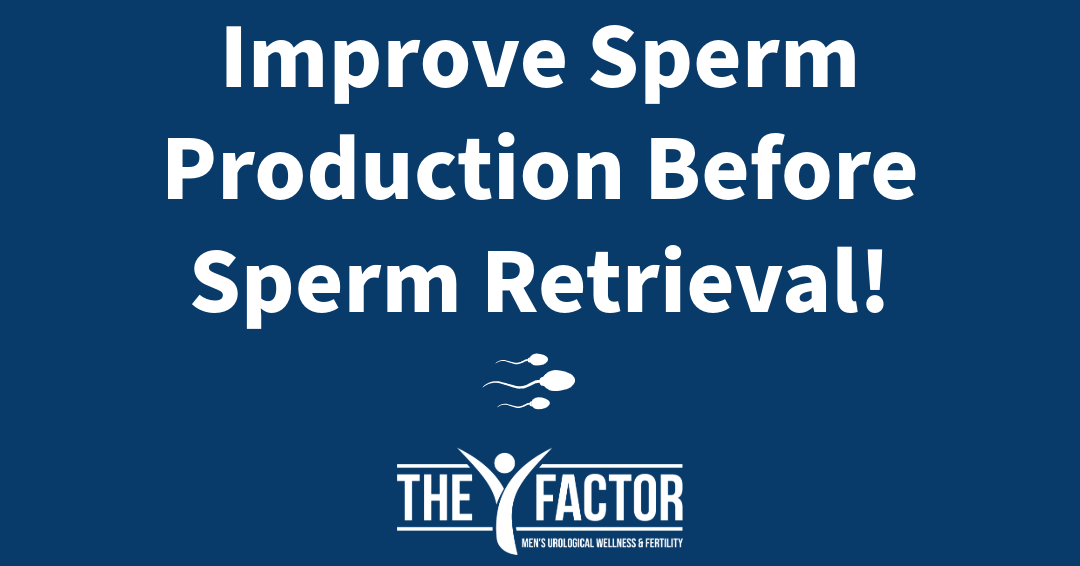How to Prepare for your Vasectomy


Men can get permanent birth control that is both reliable and low risk with the vasectomy procedure. The vas deferens, the tubes that transfer sperm from the testicles to the urethra, are blocked in this procedure. Although a vasectomy is a relatively simple operation, a few things can still be done to prepare a patient for the process. In this section will review some helpful hints that will prepare you for your vasectomy.
1. Do some research and talk it over with your doctor.
Researching and discussing the matter with your attending physician before deciding to undergo a vasectomy is critical. Inquire about the procedure, the healing process, the possible dangers and complications, and anything else that may interest you in this regard. In addition, your doctor will review your medical history to assess whether or not a vasectomy is an option that is both safe and suitable for you.
2. Have a conversation with your spouse.
You must consult your partner about your intention to get a vasectomy if you are in a relationship. You must be on the same page regarding the decision to have a vasectomy because this pregnancy control method is only reversible with a challenging microsurgical procedure called vasectomy reversal. Your partner may have some worries or inquiries, which you can discuss jointly.
3. Make plans to take time off from work.
After your vasectomy, you must take some time off from work to allow for your recovery. The amount of time it will take will be determined by the kind of job you do as well as the scope of the operation. For those who work at a desk, for example, you may need to rest between 12-24 hours. On the other hand, if your job requires you to move large objects or engage in intense activities regularly, you might need between 3-5 days off. Talk about it with your healthcare provider and adjust your plans accordingly.
4. Make preparations for the management of pain.
Following the treatment, you may feel discomfort in your scrotum. Your doctor may prescribe pain medication for you, or they may suggest that you try over-the-counter pain relievers like acetaminophen or ibuprofen. Before the procedure, check to see whether you have these medications.
5. Dress in loose, comfy clothes.
On the day of the procedure, you should dress in comfortable, loose-fitting clothes. Consider bringing some supportive underwear or a jockstrap to wear after the treatment. This will help support the scrotum and relieve any discomfort that you may experience.
6. Stay away from drugs that thin the blood.
Certain drugs, including blood thinners, aspirin, and ibuprofen, can raise the risk of bleeding during and after the surgery. It would be best if you did not take any of these medications in the days leading up to the surgery. Before discontinuing any medications, you should make an appointment with your primary care physician.
7. Make sure you have enough supplies.
Besure to have pain medicine, ice packs, and any other supplies your physician advised.
8. Ensure that you comply with all post-operative instructions.
It is critical to adhere to the post-operative care recommendations provided by your physician once the surgery has been completed. This involves refraining from physically demanding activities, delaying sexual activity for 10 days, and ensuring the area around the scrotum is kept clean and dry. If you follow these recommendations, you will have a much easier time getting better. We recommend using some form of birth control method until you have been determined to be sterile by your semen analysis. Semen analysis are conducted eight weeks after the procedure.
In conclusion, getting ready for a vasectomy requires completing research, speaking with your physician, making arrangements for time off work, getting prepared for pain treatment, and following post-operative instructions. You can increase the likelihood of having a smooth and successful vasectomy treatment and recovery if you follow these guidelines.
It is essential to remember that a vasectomy is a predominately permanent form of contraception. As such, it should only be considered if you are very optimistic that you do not want children in the future. Before you choose anything, it is essential that you talk it over with your physician if you have any concerns or questions.
It is vital to remember that despite vasectomy being a safe and effective surgery, there are always certain risks and potential consequences associated with any medical procedure. Possible complications include bleeding, infection, and a slight chance of continuing pain or discomfort. You can reduce these risks, ensure a successful procedure, and have a successful recovery if you carefully prepare for the operation and follow the guidelines for post-operative care.
Contact Us
If you have any questions about men’s urological wellness, fertility or vasectomy reversal, or if you would like to schedule an appointment with one of our specialists, please do not hesitate to get in touch with us. Our team at Y Factor is dedicated to providing personalized care and support to help men achieve their best possible health outcomes.
You can reach us by phone at (832) 358-8600. If you prefer, you can also fill out our online contact form and one of our team members will get back to you as soon as possible. We look forward to hearing from you and helping you on your journey towards optimal urological wellness and fertility.

Select Your Men's Health Specialist, Book Instantly
Find expert urologists and men's health professionals who understand your unique needs.
Our streamlined platform helps you connect quickly and confidentially.
Personalized Treatment Plans
Receive tailored recommendations and therapies specifically designed to address your individual health needs.
Ongoing Support & Follow-up
Benefit from continuous care, including regular progress reviews and expert guidance throughout your wellness journey.

.jpg)
.jpg)
.jpg)








